As the Missouri House began its 2026 regular session, Representatives Lane Roberts (R-Joplin) and Jim Schulte (R-New Bloomfield) were presented with pins recognizing their service in Vietnam. They received their pins from fellow veteran and Chairman of the House Veterans and Armed Forces Committee, Representative Dave Griffith (R-Jefferson City), who was introduced by Representative Don Mayhew (R-Crocker).
Tag: Jim Schulte
Allergy safety in child care facilities the subject of House plan with bipartisan backing
Legislation that stems from the tragic death of a boy in Harlem in 2017 is back before the Missouri House.

(Photo courtesy of Thomas Silvera)
Though the operators of 3-year-old Elijah-Alavi Silvera’s daycare had been told he had a severe dairy allergy, he was given a grilled cheese sandwich. He went into severe anaphylactic shock and died. His death prompted his father to spearhead an effort that became known as “Elijah’s Law,” which was passed in the State of New York in 2019.
Since then it has also become law in Illinois and Virginia and as an ordinance in Kansas City. Missouri is one of five states in which it is proposed this year.
It is found in House Bill 2552, which would allow doctors to prescribe epinephrine auto-injectors, more commonly known as “epi-pens,” to childcare facilities. It would also require licensed childcare providers to adopt a policy on allergy prevention and response, with a special emphasis on deadly food-borne allergies.
The bill’s sponsor, Representative Jim Schulte (R-New Bloomfield), presented it last week to the House Committee on Healthcare Reform.
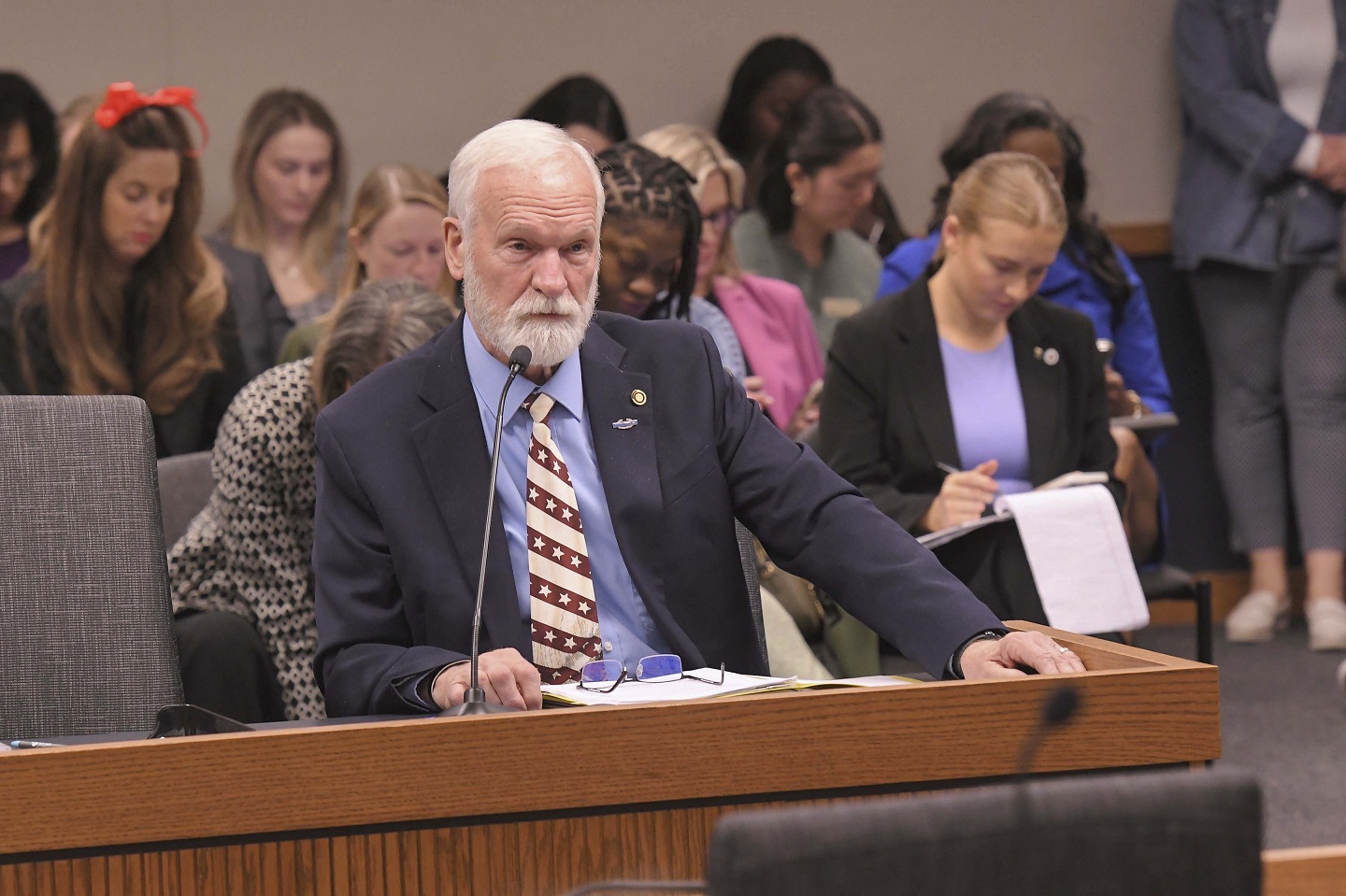
There are some concerns among lawmakers, including a question of cost. Epi-pens are expensive, and the bill does not address how the cost for them might be covered. Schulte said grant programs are available and could apply.
Legislators also questioned a provision that would have the Department of Elementary and Secondary Education develop a model policy for allergy prevention and response and a guide for childcare providers. Some legislators suggest that would be better handled by a different agency.
Representative Anthony Ealy (D-Grandview) said it doesn’t matter to him from where the policy comes, as long as it is exhaustive.
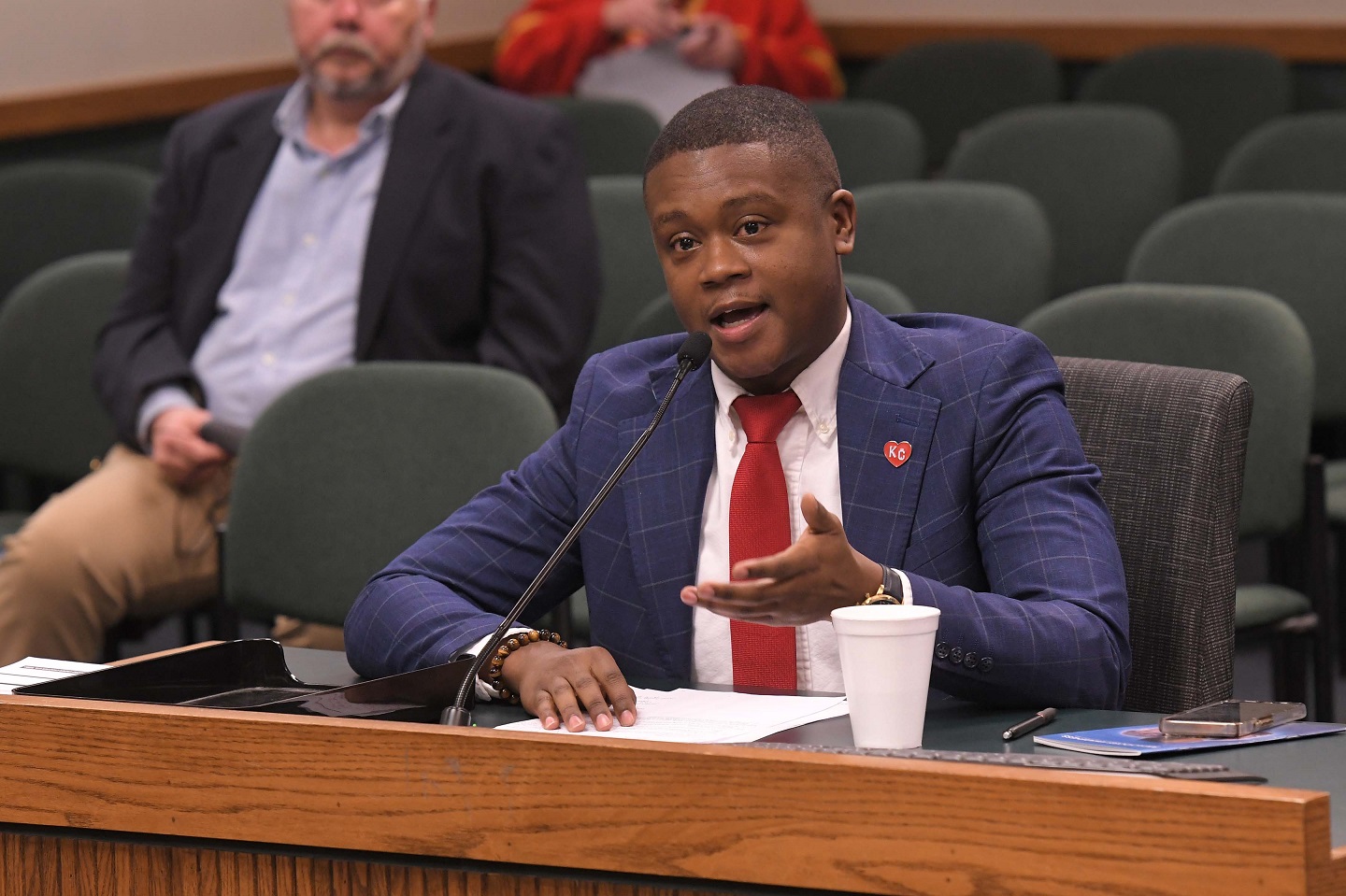
Committee Chairman Kent Haden (R-Mexico) said those are fair concerns, but at the heart of the bill is a serious issue that deserves attention.
Also sponsoring the same language is Representative Emily Weber (D-Kansas City), who said regardless of whether this bill becomes law, she hopes it raises awareness among the state’s childcare facilities.
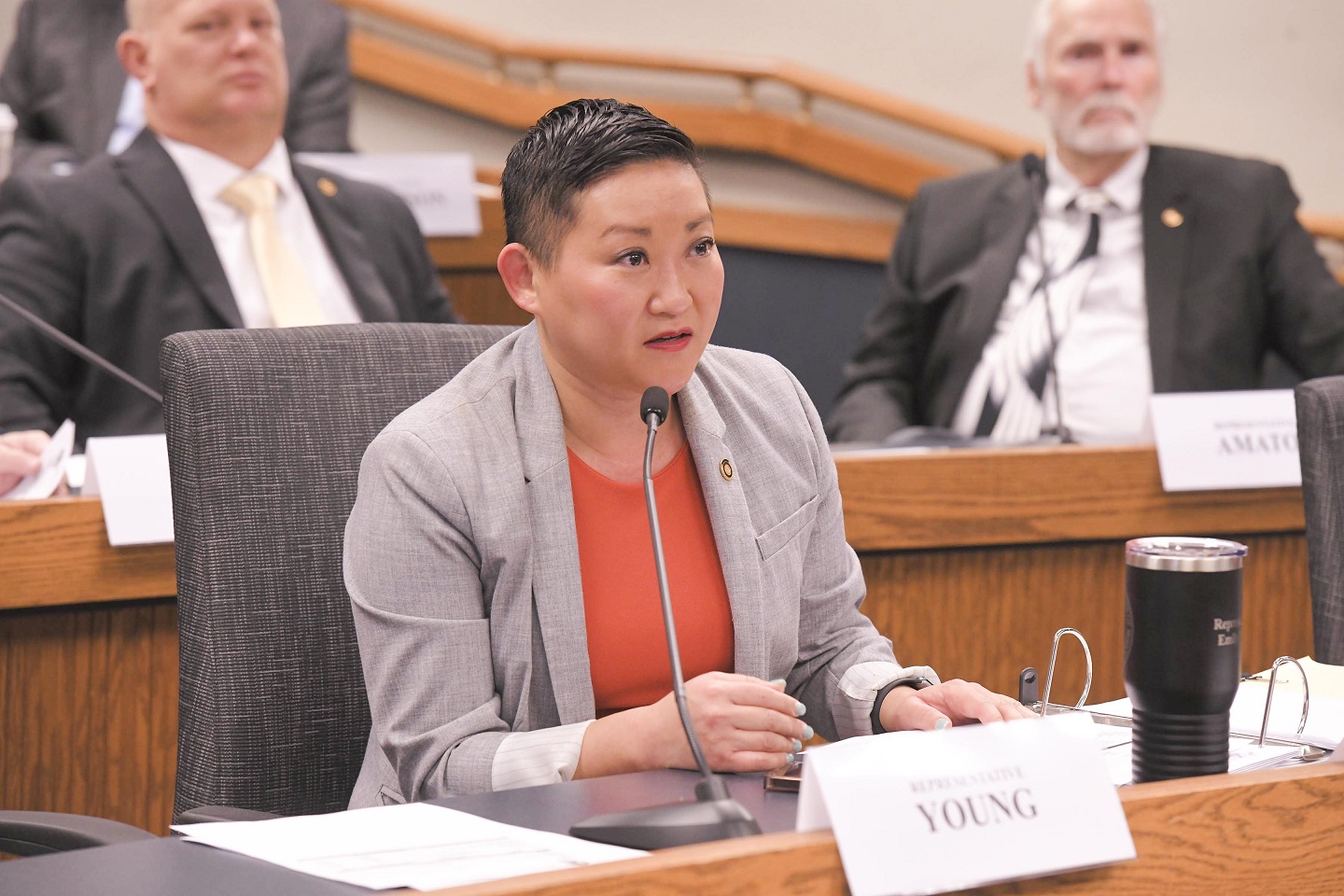
Similar proposals were filed by Weber and Ealy last year but neither was the subject of a hearing. Both say they are just glad to see the language getting traction, with Schulte’s version.
The Healthcare Reform Committee has not voted on Schulte’s bill. Weber’s version is House Bill 2036, and Ealy’s version is House Bill 2364.
Radio stations note: “Alavi” in Elijah-Alavi Silvera is pronounced like “Allah-vee”
Note to reporters: though sometimes reported otherwise, Elijah-Alavi Silvera had an allergy to dairy, not peanuts. This was confirmed by his father, Thomas.
Missouri House legislative effort to stem veteran suicide continues
Veteran suicide is an issue the Missouri House of Representatives has sought to address for some time, and in the past year it touched the life of the man who has led that effort. He entered the 2024 legislative session with renewed passion to see his legislation become law.
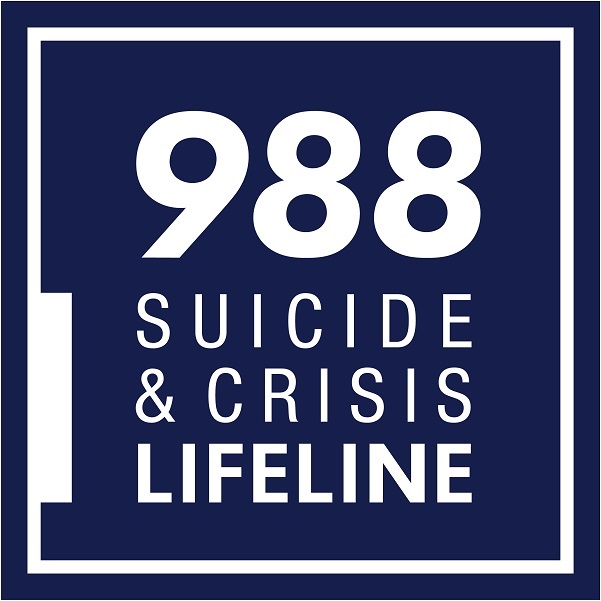
The House last year voted 156-0 in support of requiring the Missouri Veterans Commission to come up with recommendations on how veteran suicide can be prevented; and to report annually on new recommendations, and the implementation and effectiveness of state efforts. That bill was approved 8-0 by a Senate committee but did not reach passage in that chamber. This year the proposal is back, and is one of the first House measures to get a committee hearing.
Representative Dave Griffith (R-Jefferson City) is the sponsor of House Bill 1495. He is a U.S. Army Veteran and the chairman of the House Veterans Committee, which held that hearing.
“It’s a topic that is near and dear to my heart. It’s one that I feel like … we’re not making a great deal of success and progress in preventing suicide,” Griffith told his colleagues.
Griffith said Missouri agencies are actively working to stem veteran suicide.
Kerchoff told the committee the data on suicide rates has not been encouraging.
“Suicide rates in Missouri continue to be high … active duty suicides are the highest since the great depression. In 2019 there were 188 veteran suicides, 2020 there were 174 in Missouri, and Missouri is significantly higher than the national average for veterans,” Kerchoff said. “Our rate [of veteran suicides] is 45.2 per 100,000, but to give you the national average is just 33.9, so Missouri’s is significantly higher than the national average.”
Asked why the rate in Missouri exceeds the national average, Kerchoff said the answer isn’t known, and that’s one more reason why he wants to see HB 1495 pass.
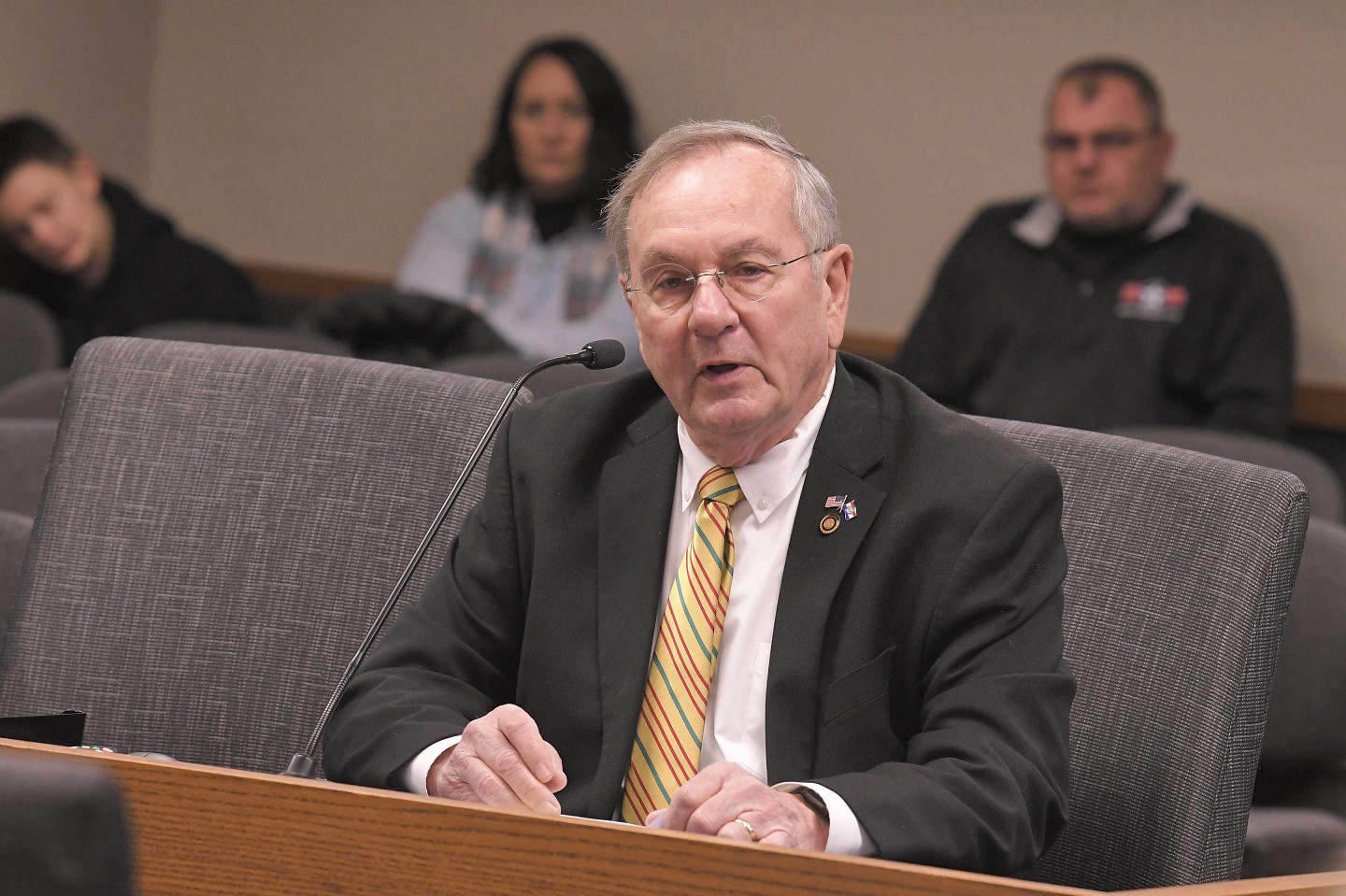
Kerchoff said the issues that impact the mental health of veterans require specialized understanding and approaches.
Representative Jim Schulte (R-New Bloomfield), in speaking to the stigmas facing veterans seeking mental health help, talked about a friend who did get treatment. He was then, initially, denied reentry to the National Guard because he’d sought treatment.
“We’ve got to overcome this stigma. We tell everybody we’ve got these help lines, we have these programs, but they’re leery of every doing them because then we stigmatize them and label them,” said Schulte. “In the name of, we say we want to help, we’re putting a badge on them that’s not a positive thing.”
A number of state agencies, including the Missouri House, have worked to drive up awareness of the 988 Suicide and Crisis Lifeline, and Griffith said that remains one of the best resources available for those seeking help.
“The number of calls that we’re getting in the State of Missouri has far exceeded what they ever thought it would. In the first month they had over 20,000 calls,” Griffith told the committee.
Griffith and the staff of House Communications spent time this past summer creating a series of public service announcements for radio, television, and social media that target suicide and specifically veteran suicide. Those will soon be available for circulation.
The Veterans Committee voted unanimously to advance HB 1495.